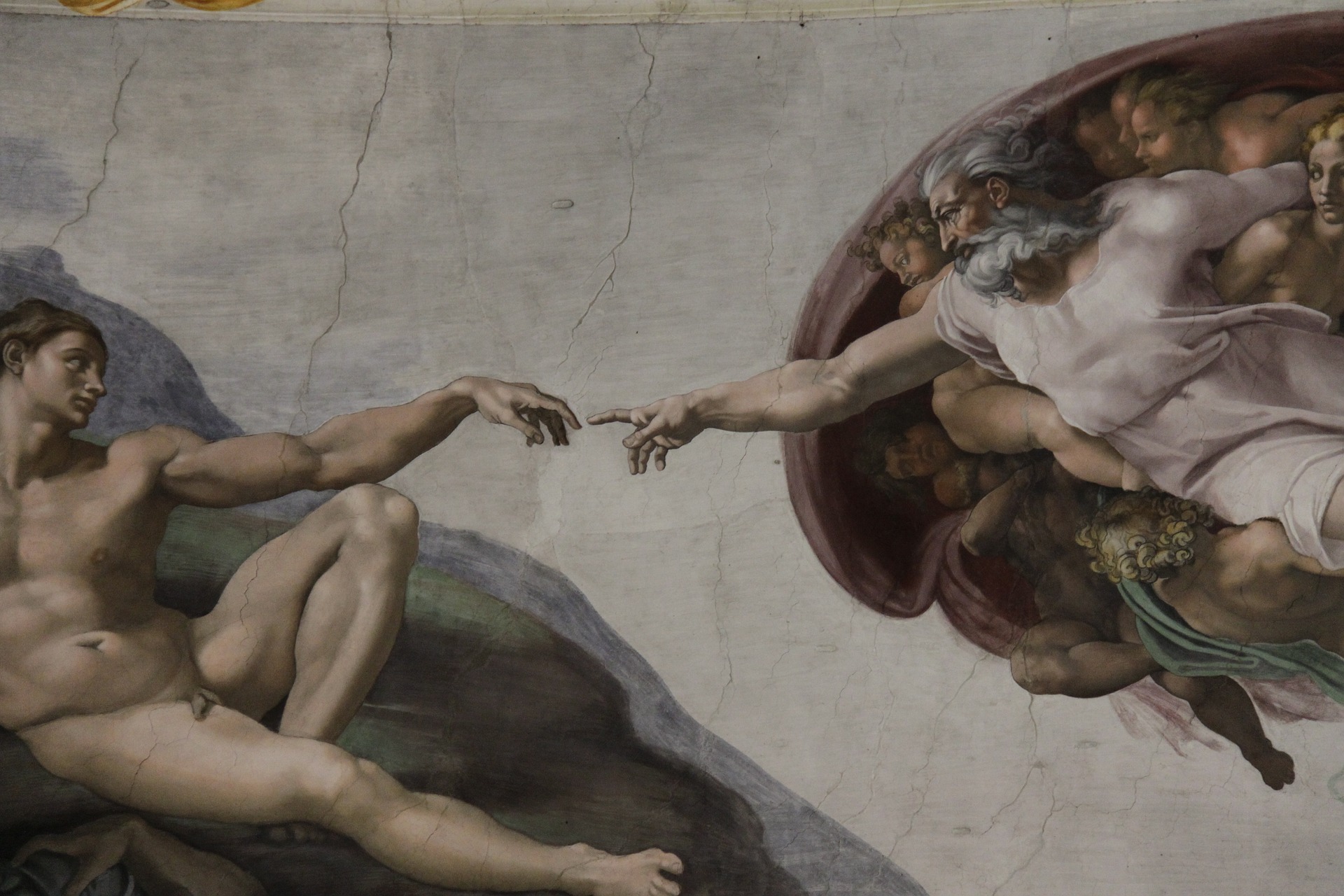
The question of whether God is a nihilist and whether God can ever change is one that has puzzled philosophers and theologians for centuries. While there is no definitive answer to these questions, exploring different perspectives can help shed light on this complex and fascinating topic.
Is God a Nihilist?
To answer the question of whether God is a nihilist, we must first define what we mean by nihilism. Nihilism is the belief that life has no inherent meaning or value, and that all values are subjective and arbitrary. From a nihilistic perspective, human existence is ultimately meaningless, and there is no objective purpose or goal to strive for.
On the surface, this perspective may seem incompatible with the concept of God, which is often associated with purpose, meaning, and value. Indeed, many religious traditions offer their own views on the meaning and purpose of life that are quite different from nihilism.
For example, in Christianity, God is seen as the creator of the universe and of human beings, and is believed to have a specific plan and purpose for each individual. Similarly, in Islam, God is believed to have created the universe and human beings with a specific purpose in mind, which is to worship and obey Him. These beliefs suggest that there is a meaning and purpose to human existence that is derived from a divine source.
But who gave God his purpose?
The idea of God having a purpose or not is a matter of philosophical and theological debate, and different religious traditions have different views on the matter. However, it is not accurate to say that God would be a nihilist simply because there is no one else to give God a purpose. In many religious traditions, God is seen as self-existent and self-sufficient, not dependent on any external source for his purpose or meaning. In Christianity, for example, God is often described as existing eternally in a state of self-sufficiency and perfection, which means that He does not require anything outside of Himself to give Him purpose or meaning.
However, it is important to note that not all religious beliefs are necessarily incompatible with nihilism. Some religious traditions, such as Zen Buddhism, offer perspectives on existence that emphasize the impermanence and emptiness of all things, including religious beliefs and concepts.
Furthermore, it is possible to interpret some religious traditions in a nihilistic way, particularly if we focus on the darker and more pessimistic aspects of those traditions. For example, some interpreters of the Old Testament have argued that the book of Ecclesiastes offers a nihilistic perspective on existence, with the author proclaiming that “all is vanity” and that “there is nothing new under the sun.”
Ultimately, whether or not God can be considered a nihilist is a matter of theological and philosophical debate, and different individuals and traditions may hold different views on the matter. While some religious beliefs may be incompatible with nihilism, it is possible to interpret some religious perspectives in a nihilistic way, particularly if we focus on certain aspects of those perspectives.
Can God Ever Change?
The question of whether God can ever change is another fascinating and complex topic. On one hand, many religious traditions hold that God is eternal and unchanging, with His nature and attributes being constant and immutable. This view is based on the belief that God is infinite and perfect, and that any change would necessarily involve either an improvement or a decline, both of which would be incompatible with God’s perfection.
For example, in Christianity, God is often described as existing eternally in a state of self-sufficiency and perfection, which means that He does not require anything outside of Himself to give Him purpose or meaning. Similarly, in Islam, God is believed to be eternal and unchanging, with His attributes being constant and immutable.
However, other religious traditions hold that God is capable of change and transformation, and that His nature and attributes can be understood in different ways depending on the context and the individual’s spiritual development.
For example, in Hinduism, the concept of God is often understood in terms of different avatars or incarnations, each of which represents a different aspect of God’s nature and attributes. Similarly, in some forms of Buddhism, the concept of the Buddha-nature suggests that all beings have the potential to awaken to their true nature and achieve enlightenment, which could be seen as a form of transformation or change.
Ultimately, the question of whether God can ever change is a matter of theological and philosophical debate, and different individuals and traditions may hold different views on the matter. Some religious traditions hold that God is eternal and unchanging, while others hold that God is capable of change and transformation. It is important to recognize that different religious beliefs offer different perspectives on the nature of God, and that these perspectives are often shaped by cultural, historical, and philosophical factors.
In conclusion, the questions of whether God is a nihilist and whether God can ever change are complex and multifaceted. While some religious beliefs may be incompatible with nihilism or change, it is possible to interpret other religious traditions in a way that is compatible with these perspectives. Ultimately, the nature of God is a topic that requires ongoing exploration and reflection, and different individuals and traditions may continue to offer unique and insightful perspectives on this fascinating and complex subject.

